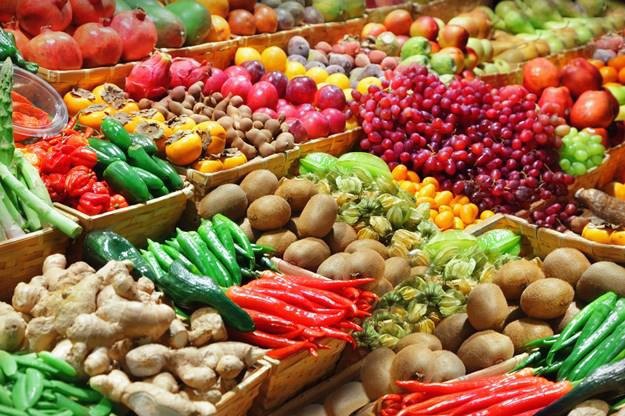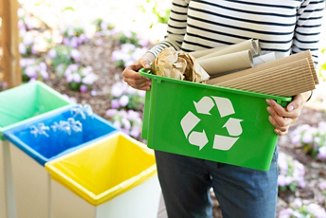Buying Organic
I know that everyone who reads this blog is trying to lead an eco-friendly lifestyle. I also know that people who live in Greystar apartments like to save money. Our next couple of posts will try to marry these two ideals so that you can live green and still keep more “green” in your wallet.
Every grocery store now has a nice array of organic fruits and vegetables for sale. Organics are supposed to be better for your health, since they are grown without harmful pesticides and many are produced locally. The downside is they are usually more expensive, anywhere from 10-150% more.
The good news is that there are some conventionally grown fruits and vegetables that typically show little sign of pesticide residue. The Environmental Working Group (EWG), a non-profit that specializes in research and advocacy, publishes a list of these “clean” products each year. This produce is generally considered safe to purchase without paying extra for organic.
EWG's Clean Fifteen™ for 2014 are listed below:
- avocados
- sweet corn
- pineapples
- cabbage
- frozen sweet peas
- onions
- asparagus
- mangoes
- papayas
- kiwis
- eggplant
- grapefruit
- cantaloupe
- cauliflower
- sweet potatoes
EWG’s research detected relatively few pesticides on these foods, and tests found low total concentrations of pesticides.
As you might suspect, EWG also publishes a list of bad produce, which they call the Dirty Dozen™. This list includes apples, strawberries, grapes, celery, peaches, spinach, sweet bell peppers, imported nectarines, cucumbers, cherry tomatoes, imported snap peas and potatoes. Their tests showed that each of these fruits and vegetables contain a number of different pesticide residues and had high concentrations of pesticides relative to other produce items.
We hope these tips will save you some money the next time you go to the grocery store.



